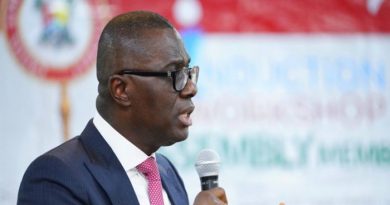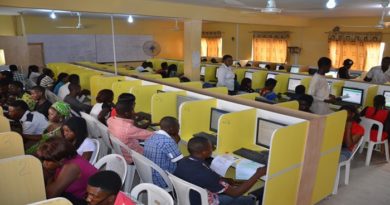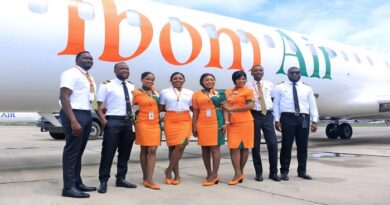World Bank initiative to provide electricity to over 17.5m Nigerians
In a proactive step to provide electricity to several millions of Africans without access to power, the World Bank has adopted initiatives that will make energy available to a greater number of Africans currently without electricity.
By World Bank estimates, nearly 600 million people in Sub-Saharan Africa live without access to electricity, representing nearly 83 per cent of the world’s unelectrified population.
About 400 million of those without access live in countries subject to fragility, conflict, and violence (FCV) and hundreds of millions more have limited or unreliable electricity.
The World Bank Group (WBG) is committed to accelerating the pace of electrification in Africa, while ensuring that the transition to more diversified and cleaner sources of energy meets growing demand, brings economic growth, and creates jobs.
Achieving this mission requires improved policy frameworks and utility reforms, least-cost national electrification plans to facilitate investments in off-grid and on-grid clean energy solutions, increased regional energy trade between countries, and significantly more concessional financing, particularly for Decentralized Reneble Energy (DRE) solutions and last-mile grid connectivity for the poorest.
In Western and Central Africa, Nigeria DARES, benefit over 17.5 million Nigerians, or 20 per cent of the currently unserved population, while replacing over 250,000 polluting and expensive fossil-fueled generators.
In addition, efforts to support regional cooperation through programs in support of the West Africa Power Pool, WAPP are making it possible to supply cheaper and more reliable electricity to 14 countries in the sub-region.
Access to affordable, reliable, and sustainable energy is an imperative for transforming Africa and unleashing the opportunities, investments, innovations, and new industries that are the engines of jobs, inclusive growth, and shared prosperity for communities and economies.
It plays a crucial role in adaptation and resilience by improving the functionality of critical emergency services, such as hospitals and shelters, and promoting climate-resilient agriculture via solar irrigation systems, refrigeration, and food processing facilities. It is also key to enabling broadband connections to communities and businesses, providing clean and safe drinking water, and the construction of climate-resilient infrastructure.
While challenges persist, there is an unprecedented opportunity to accelerate energy access in Africa.
The WBG is working alongside African governments and partners to strengthen national and regional electrification programs, with the goal of reaching universal access to electricity in Africa by 2030.
The Distributed Access with Renewable Energy Scale Up, DARES, platform leverages collaboration across the World Bank, IFC, MIGA and development partners to significantly accelerate decentralized renewable energy (DRE) access in Sub-Saharan Africa through private sector engagement. It also supports climate, food security, and human capital goals.In Eastern and Southern Africa, the Accelerating Sustainable and Clean Energy Access Transformation (ASCENT) Program will provide life-transforming energy access to 100 million Africans across 20 countries over the next seven years, placing the region on the path to universal energy access.
As a multi-year, multi-billion-dollar program, ASCENT leverages the comparative advantages of all parts of the World Bank Group (IDA, IFC, MIGA) and provides a platform for collaboration with development partners, the private sector, climate and impact financiers, governments, utilities, and energy service providers, as well as beneficiary communities.




